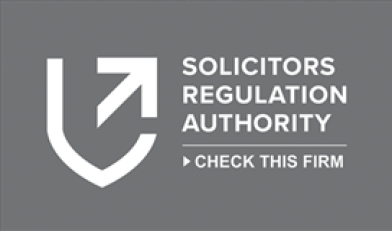Schroders Personal Wealth (SPW), the financial advice joint venture between Schroders and Lloyds, has set aside £3.7 million to cover redress for clients who were not provided with the annual reviews they were paying for.
The firm identified these issues during an internal review of its ongoing advice service, discovering that a number of clients had not received the annual financial reviews included in their ongoing service packages.
According to accounts filed at Companies House, SPW concluded that around £2.7 million in redress may be due to clients, with an additional £1 million earmarked for administrative and processing costs.
A spokesperson for Schroders Personal Wealth stated:
“We are committed to transparency, fairness, and ensuring our clients receive the value and service they expect. As part of our continuous review of the services we provide, we identified a number of clients that had not received a financial review which forms part of our ongoing advice service. In recognition of this, we have taken the proactive step of issuing refunds to clients for the relevant period.”
Source: City Wire New Model Advisor
The firm added that it had completed the rectification of all active client accounts by the end of the third quarter of 2025, reinforcing its commitment to fair value and maintaining client trust.
A Wider Industry Pattern
Schroders Personal Wealth joins a growing list of UK wealth management firms setting aside funds to address ongoing advice issues. St. James’s Place, Quilter, and Ascot Lloyd have all made similar provisions following increased FCA scrutiny into how large advice firms apply their ongoing service policies.
At £3.7 million, SPW’s provision is lower than some of its competitors, but it is another sign that many firms are now acknowledging past shortcomings in the advice they provided.
The Business Picture
SPW’s accounts were filed in the same week the Financial Times reported that Lloyds Banking Group may be looking to buy out Schroders’ stake in the joint venture.
The company’s holding arm, Scottish Widows Schroder Wealth Holdings, saw assets under management increase from £14.3 billion to £15.7 billion in 2024. Net inflows rose from £495 million in 2023 to £729 million last year.
Profit before tax at Scottish Widows Schroder Personal Wealth stood at £15.5 million, supported by cost control and revenue growth.
However, despite this financial progress, the firm is still some distance from its original target. When it launched five years ago, the goal was to become a top three advice firm with more than £25 billion in assets.
The last year has also seen several senior departures, including planning director Justin Blower and chief commercial officer Ben Waterhouse, who recently joined Ascot Lloyd.
Our Take: Why Firms Are Rushing to Pay Their Own Redress
What’s particularly interesting in this case is the £1 million set aside purely for administrative costs. It raises a bigger question: why are so many firms now eager to pay their own redress before clients even raise a formal complaint?
Perhaps it is because settling early with small, fixed payments allows them to limit exposure and avoid detailed investigations. After all, a professional review by an independent firm like ours might reveal that affected clients are entitled to far greater compensation than what is being voluntarily offered.
That’s why it is worth looking closer before signing any settlement agreement.
Even if your situation is unique, if you were persuaded to move your existing pensions or investments to a firm that is now offering you money back, it might be wise to ask:
“Am I getting what I truly deserve, or just what’s easiest for them to pay?”
Use our Redress Calculator to see how even small differences in assumptions or investment growth rates can make a huge difference in your compensation.
Every case is different, but understanding the numbers could make all the difference between a token payment and a fair outcome.








